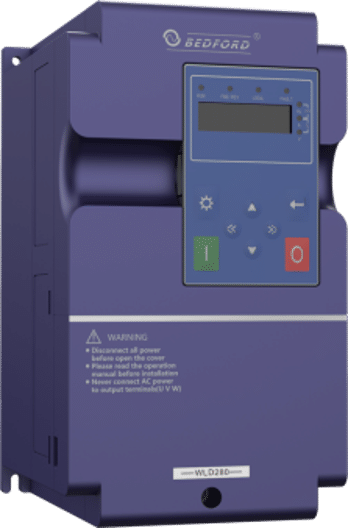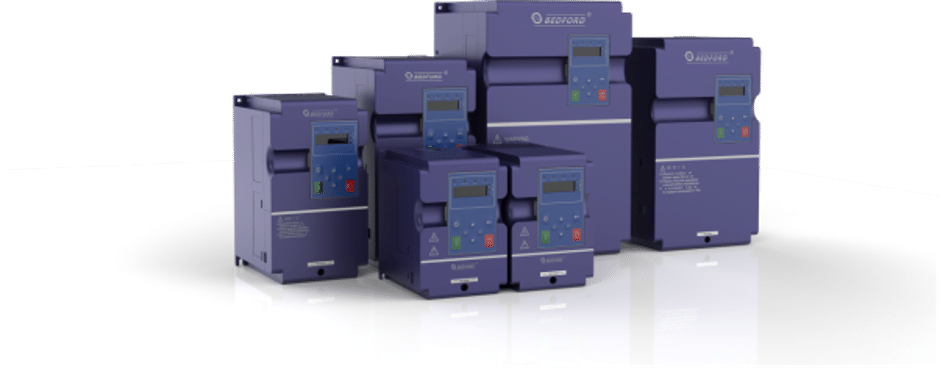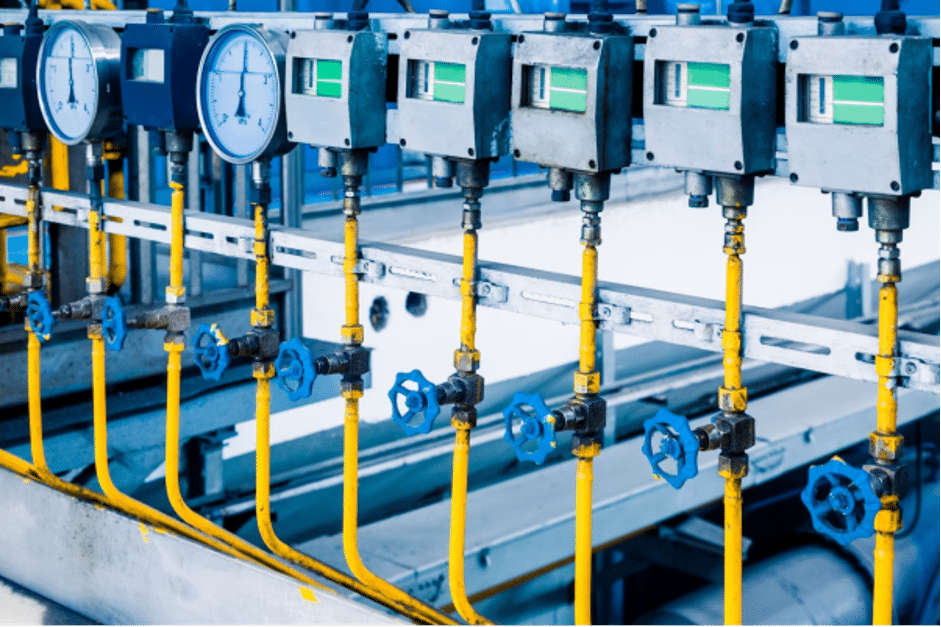In agriculture, water pumping systems play a significant role, ensuring crops stay hydrated and animals are provided with clean water to drink. There are many other industries that also largely depend on water pumps. Regardless of the industry, understanding the difference between a solar pump inverter and a more traditional system is important. This can help people make better decisions that are going to pay off over time. We’re going to compare these two types of water pump systems in this article.
Traditional Water Pumping Systems
Traditional water pumps generally rely on a power grid. They are connected to the grid in order to function. In areas where there is no easy access to a power grid, alternative solutions are used, such as diesel generators. These are then used to power up the water pump and ensure it functions effectively.
Solar Pump Inverters
A solar pump inverter has similarities to some of the more traditional systems that are used. The primary difference between the two is how they obtain power. With a solar pump inverter, sunlight is used to generate power. This power is then often stored in a battery to ensure power can be supplied even when the sun is not out.
Traditional Systems Vs. Solar Pump Inverters
There are important differences between traditional systems and a solar pump inverter that you should understand. When looking at the differences, you’ll start to see why a solar PV inverter is the more optimal choice when it comes to water pumps. Let’s look at the reasons why a solar water pump inverter is a preferred choice in the modern day:

● They offer greater efficiency as you don’t have to refill a tank with diesel consistently or worry about power outages in the grid.
● They are also highly reliable, and a good quality system can last several years with proper maintenance.
● A solar pump inverter is also an economical choice. While there is an initial investment, in the long-term, you won’t need to worry about constantly having to pay hefty power bills or the need to keep a reservoir of diesel for a generator.
● You’ll also reduce the impact that your operation has on the environment, as you’ll be contributing to the reduction of carbon gasses being emitted into the air.
● The fact that there is no need for an on-grid system means you also get greater versatility in terms of the applications where you are able to use a solar pump inverter.
WLD280 Solar Pump Inverter from Bedford
One of the best solar pump inverter options on the market is the WLD280 from Bedford. The system offers both single and three-phase solutions, with a power range that can go as high as 200kW. It comes integrated with IGBT and MPPT technologies and features a digital intelligent control system. It’s also quick and easy to switch between AC and DC power, making this solar pump inverter incredibly versatile. Automatic start and stop functionality also adds greater convenience to these particular solar pump inverter solutions.

Conclusion
Once you realize the benefits you can gain from a solar pump inverter, it’s important to choose a supplier that can offer you a high-quality solution. Bedford prides itself in producing top-quality solar solutions that are used in agriculture and several other industries. If you’re looking for a partner to move away from traditional water pumping systems, then get in touch with Bedford for expert advice and assistance.
